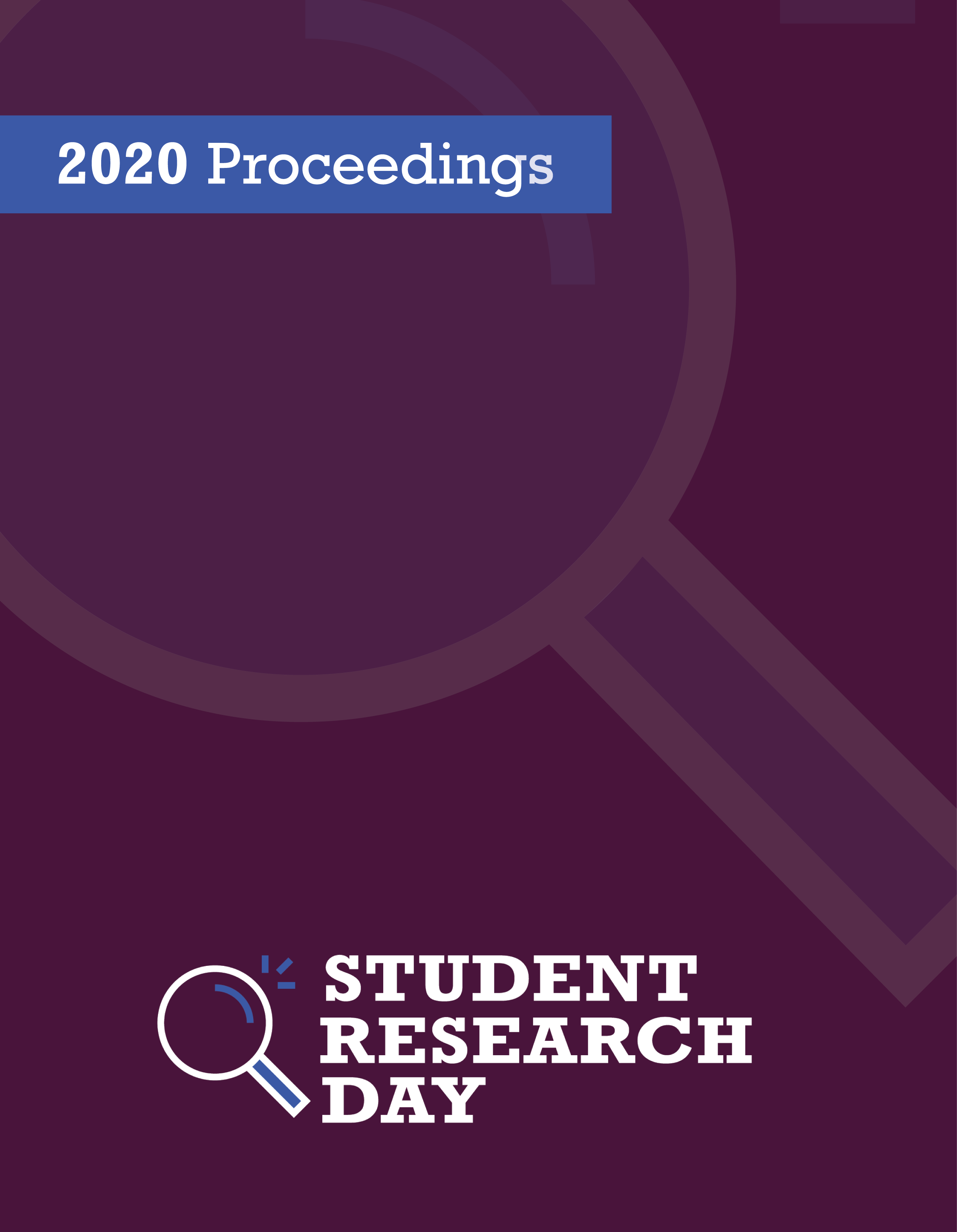Universal Design at MacEwan
Abstract
This executive summary reports on highlights and thematic takeaways from interviews conducted at MacEwan University over July and August of 2019 on the subject of Universal Design for Learning (UDL). UDL differs from the system of accommodation for students with disabilities as it exists now. In the system of accommodation, supports like alternative textbook formats and time and a half for exam writing are given to a particular student in order to support them in the learning environment. Whereas in UDL, the learning environment itself is changed to fit all students, and all of the learning supports that exist as accommodation are extended to everyone’s access if they need it. And so the accommodation system is a part of UDL, is included within it, but does not map on to it entirely. We interviewed 9 people who work in an administrative capacity at MacEwan in a variety of roles relevant to the discussion of student learning. Some of the participants also work as faculty in a teaching capacity or have worked as faculty during some part of their careers. The main theme arising from the interviews is the lack of an overarching, institutionally-guided UDL framework at MacEwan. Conditioned from the main theme, arose the following subthemes: the inconsistent understanding of UDL amongst both faculty and staff; the attitudes of students with existing accommodations as a barrier to UDL; the ambiguity of what UDL means for mental health issues; and the necessity of UDL “champions” to promote UDL.
Presented in absentia on April 27, 2020 at "Student Research Day" at MacEwan University in Edmonton, Alberta. (Conference cancelled.)
Faculty Mentors: Melissa Hills & Alissa Overend
Department: Political Science
NOTE: This work is available to MacEwan users only at https://roam.macewan.ca/islandora/object/gm:2215
References
Published
Issue
Section
License
Authors retain any and all existing copyright to works contributed to these proceedings.



